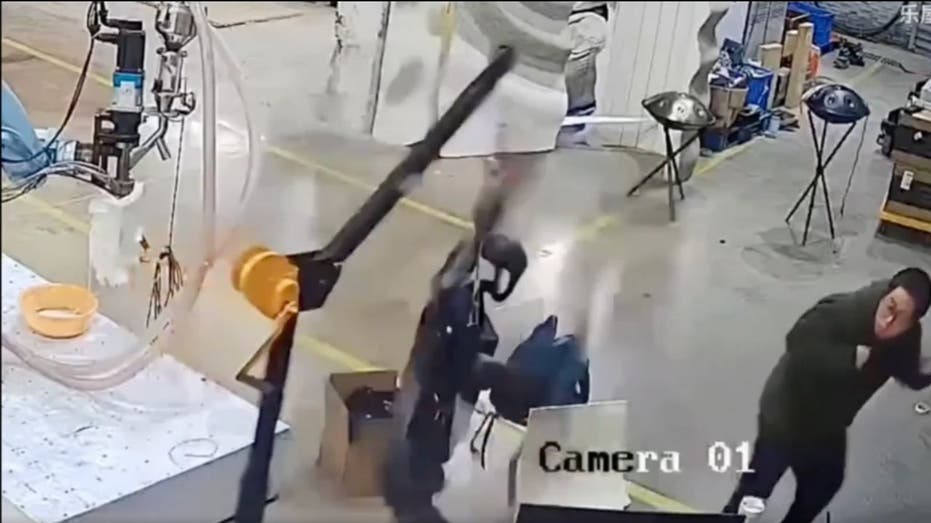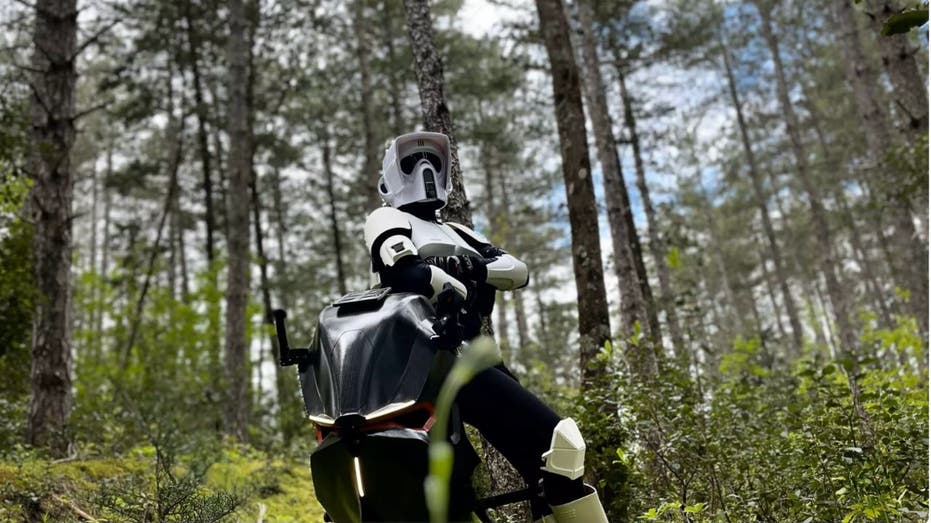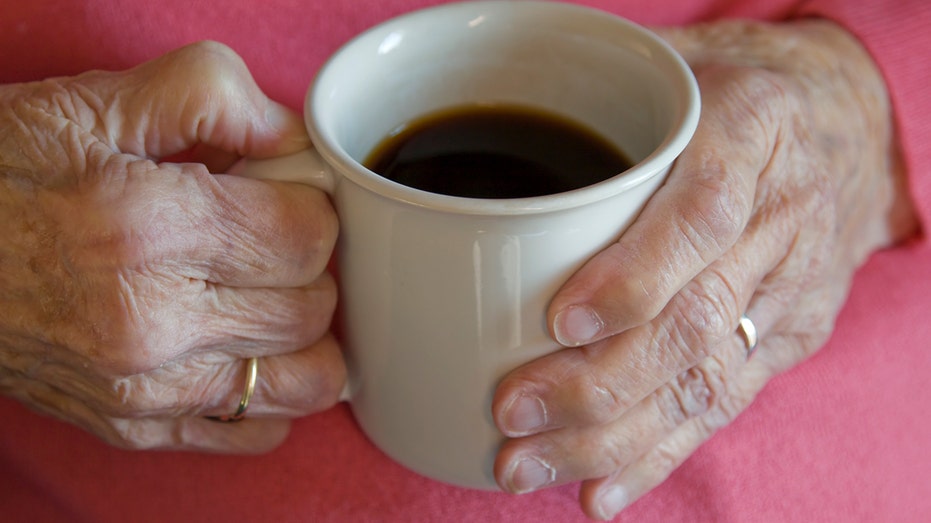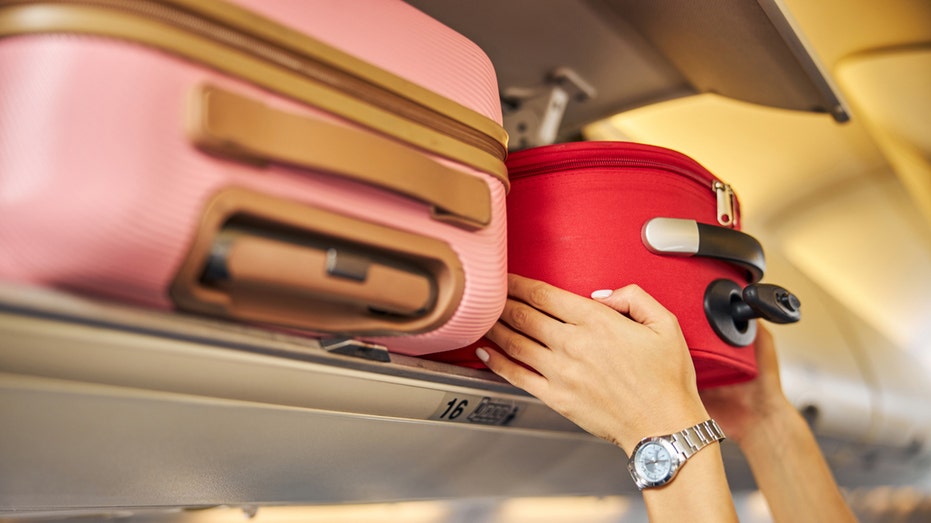- by foxnews
- 03 Jun 2025
How to breathe new life into an old computer
Is your old PC a security risk? Find out how to protect it or give it a new life with Linux, turning it into a media server or backup station.
- by foxnews
- 18 May 2025
- in technology

"We need to update our computer due to Windows 11 not running on our older computer. We have two older computers, one we are upgrading and the second one I would like to continue to use on occasion. Do I run the risk of incursions into my software since I will no longer get security upgrades? Any advice on what I should remove (ie, finance info.)? Also, any advice for the older tower? Runs perfectly with solid state SSD. We are loath to put it into the recycling bin."
The good news is you don't have to toss it just yet. With a few smart steps, you can use it safely or transform it into something completely new and useful. Let's look at how you can breathe new life into your old computer.
If you still plan to use your PC occasionally, you can minimize the risks with these simple but effective steps:
1. Use it offline only: The easiest way to stay secure is to keep your old PC off the internet entirely. You can still use it for:
Without internet access, you remove most external threats.
2. Remove all sensitive data: Even if you're only using your computer for basic tasks, it's important to scrub any personal or financial information from the system. That includes:
5. Keep important files on external storage: Avoid saving sensitive files directly on the old PC. Instead:
This keeps your data portable, protected and off the aging hardware. That way, your files are safe even if the old computer fails, and you can access them from newer devices anytime.
While this guide focuses on Windows PCs, many of the same principles apply to older Macs, especially if your system is stuck on unsupported macOS versions like High Sierra or Mojave. The best way to stay safe is to limit internet use, remove sensitive data, use supported browsers and install reliable antivirus software.
That said, older Macs have a few unique considerations:
If the system still has a working tower, especially an SSD (Solid-State Drive), which provides fast storage and efficient performance, it could be perfect for a modern, low-cost makeover.
Here are some beginner-friendly Linux versions (called "distributions" or "distros"):
For example, Zorin OS lets you choose a desktop layout that looks like Windows, so you don't have to relearn everything. Ubuntu is famous for its reliability and the huge number of tutorials available online, which is helpful if you're new to Linux.
Your old PC can become the backbone of your home network. A few creative uses:
This keeps your old machine useful without needing daily interaction.
If you're done with it, let someone else benefit:
If you're keeping the machine and want to get the most out of it, a few basic hardware upgrades can go a long way, even on an older system. These are budget-friendly fixes that can significantly improve speed, stability and longevity.
1. Add more RAM: If your system has 4GB or less, upgrading to 8 GB+ can significantly improve multitasking and responsiveness, especially with Linux. Look up your PC's model number on the manufacturer's website to find compatible memory. Many desktops (and some laptops) let you upgrade RAM by simply opening the case and inserting the new memory sticks into available slots.
2. Upgrade to an SSD: If you're still using a traditional hard drive, switching to a solid-state drive can dramatically reduce boot times and make your PC feel brand new. For most older machines, look for SSDs labeled "2.5-inch SATA", which are the most widely compatible and easy to install. Some newer systems support faster NVMe SSDs, which connect directly to the motherboard. Check your PC model or open the case to see which type your system supports. Be sure to back up your files, then either reinstall the operating system manually or clone your current drive before replacing it.
3. Clean out the dust and refresh thermal paste: Older desktops tend to overheat, which can slow things down or cause random shutdowns. Open up the case and:
4. Swap out the battery or power supply: If your laptop battery no longer holds a charge, or if your desktop randomly shuts off, consider replacing the battery or power supply unit.
Just because a computer is old doesn't mean it's useless. Whether you're turning it into a writing station, a media server, or giving Linux a try, your old PC can still be a valuable tool. The key is security. Unsupported systems can be risky if used online, but with a few precautions or by repurposing them entirely, you can keep your data safe and extend the machine's life in meaningful ways.
Follow Kurt on his social channels:
Answers to the most-asked CyberGuy questions:
New from Kurt:
Copyright 2025 CyberGuy.com. All rights reserved.
- by foxnews
- descember 09, 2016
Airline passenger sparks heated debate about 'rarely enforced' baggage policy on flight
Reddit users are debating some airline baggage policies after a passenger's complaint about the inconsistent enforcement of carry-on rules on a flight from Atlanta.
read more





